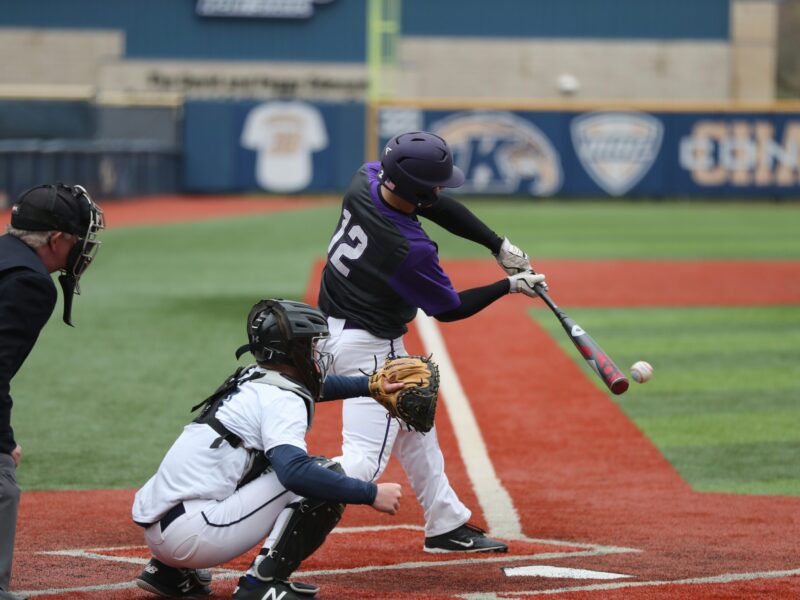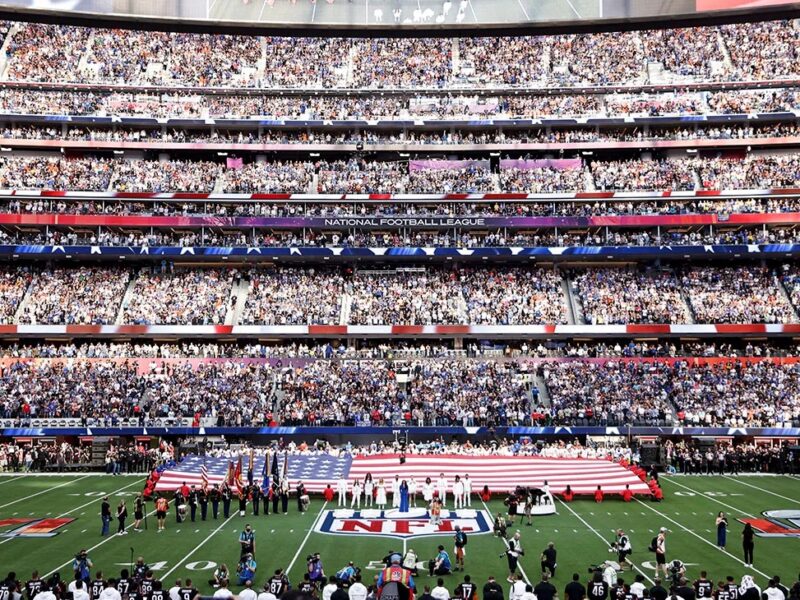Politics on the pitch? Opinions in the outfield? Airing your governmental grievances on the gridiron?
Since the announcement of Arizona’s immigration legislation, which states that immigrants must carry documentation at all times to prove their citizenship or face detainment, the sporting world seems to have become an informal forum for protest against the bill.
The first act of protest came from the NBA’s Phoenix Suns. On May 5, the Mexican holiday known as Cinco de Mayo, the Suns wore the name “Los Suns” across the front of their jerseys for a playoff game against the San Antonio Spurs to honour the Latino community in Arizona.
The move gained plenty of media attention and even praise from U.S. President Barack Obama. As Sports Illustrated writer Pablo Torre points out, it was one of the rare instances of political controversy in sports in recent years.
“It happened in 2010, which adds context to it,” Torre says. “There is so much money in sports now, teams don’t want to get too controversial. Teams don’t want to alienate consumers, so having politically active players or teams is a lot less common.”
Since the Suns spoke out, Major League Baseball has become the haven of protest against the Arizona legislation.
No fewer than 17 protests have happened at MLB games so far this season. One of the more notable protests took place on July 30 at Citi Field in New York, where two men ran onto the field carrying Mexican flags, as the Mets faced the Arizona Diamondbacks.
One of the leaders of that activism, Kevin Warne, said that the protests are not targeting sports, the teams, or the fans, but just getting the word out.
“It was important to protest at the game because the owner of the Diamondbacks, Ken Kendrick, helped raise money to support the law, so we wanted to get the message to him,” says Warne. “Also, the game was one day after parts of the law went into effect, and Queens is the most diverse place in the U.S., with over half of its population foreign-born.”
“We were not trying to disrupt the game or hurt the fans,” Warne continues, “we just wanted to get people talking. The reaction was mixed: some people applauded us, others yelled things like ‘Go back to Mexico,’ or chanted ‘U-S-A.’ But it got people in the stands talking about the law, which is what we wanted.”
Torre believes that fans are now using sporting events as a vehicle for protesting due to the widespread coverage and attention they receive.
“Fans are using sports to protest because one thing that is clear is that sports are more popular than ever before. Fewer people would pay attention to these protests if they were held in some park. With sports, you get a lot more views.”
Dave Zirin, author of Welcome to the Terrordome: The Pain, Politics, and Promise of Sports and host of XM Radio’s “Edge of Sports,” argues it is impossible to deny the link between politics and sports.
“It’s like jumping out of an airplane and stating gravity doesn’t exist,” Zirin says. “Just because we don’t want it to, doesn’t mean it’s not there. Who wouldn’t want sports to be served a la carte? In reality, there are too many factors that cause them to mix.”
One of the reasons for the connection, as both Zirin and Torre pointed out, is the fact of corporate ownership and the links franchises have to their home cities.
“Franchises are using public money to build new stadiums and they are very intertwined with municipal governments,” said Torre.
Many of the protests at MLB games are hoping to persuade commissioner Bud Selig to move next year’s All-Star Game out of Phoenix.
This wouldn’t be the first time a major sports league caved to political pressure. In 1991, when Arizona voted against recognizing Martin Luther King Day as a holiday, fans and politicians lobbied the NFL to move the 1993 Super Bowl out of Phoenix. The league listened, relocating the game to Pasadena, California.
Though voters squashed the movement and eventually approved the paid holiday, the decision to move the game cost the state a projected $300 in tourism income. Warne said that making the state lose money is not the objective of the upcoming protest planned for the All-Star Game.
“Wanting to relocate the game is not vindictive, it’s our way to send them a very clear message. We could send letters to legislation, but they usually don’t listen.”
Zirin, who was in Washington D.C. for a similar protest at Nationals Park, argues that fans need to speak out because big leagues like MLB and the NFL are much more timid today. Zirin also believes the protest to move MLB’s All-Star Game is significant.
“Baseball, symbolically, has been the great ethnic unifier in America,” Zirin says, listing Jackie Robinson as an example. “It’s a sport that depends so much on Latino-born players.”
Then why the recent attitude shift? Torre believes it all depends on public opinion.
“When a team or league does make a political stance, it is an idea that has been calculated,” Torre says. “In 2010, teams [and leagues] don’t want to put their money behind something controversial. It usually depends on just how much that cause is supported.”
Zirin agrees, saying that he hopes the media attention of fan protests and players speaking out on the topic will convince MLB to change their decision.
“Albert Pujols, the greatest player in the game, has come out against the laws. Players, on and off the record, have spoken out against these laws, but [commissioner] Bud Selig refuses to move. The question becomes, does MLB really want the political sideshow that will come with these players and fans boycotting the game?”



